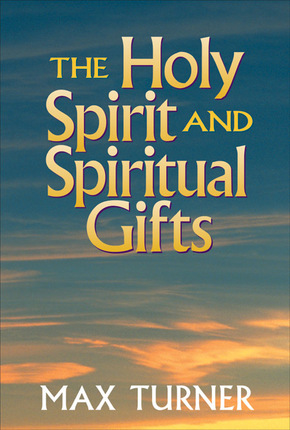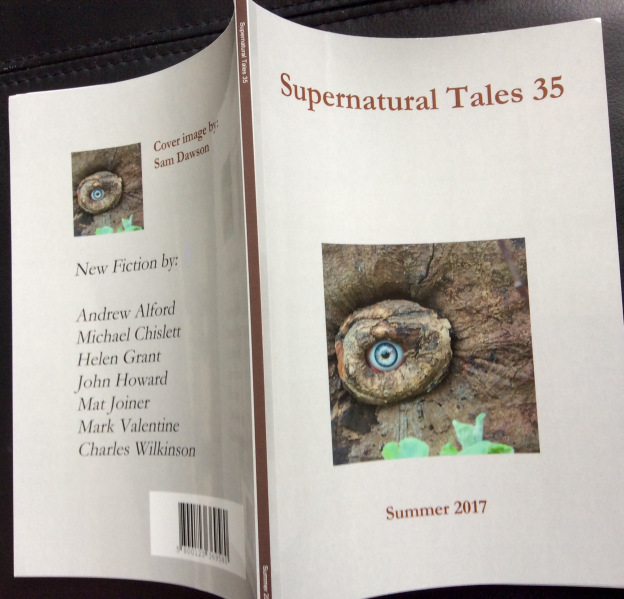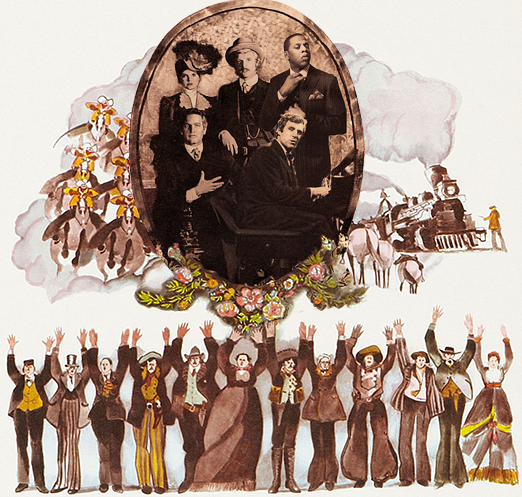In IBI, we had a good discussion today in a class I’m teaching on different views of baptism in the Holy Spirit. The framework for the course is this:
The Spirit and the Christian Life
We were at no.7 today. We aim to make links to ‘head, heart and hands’ in reading, lectures and discussion. A couple of key question that cropped up today – and will again I am sure – are along these lines:
What experience of the Spirit should Christians ‘expect’ or ‘seek’ as possible / normal? What is our ‘role’ in seeking more of the Spirit?I’ll take the first question as the focus for this post and come to the second one in the next post.
What would be your answer to the first question? What are the signs of the presence of the Spirit in a church? How would you describe the out working of the Spirit’s presence in your church experience? Is there a desire for more of God or is the Spirit rarely talked about or taught about?
How the first question has been answered historically has been critical in multiple spiritual reform movements within Christianity – whether Montanism in the 2nd Century AD or Charles Wesley’s doctrine of perfection or Pentecostalism’s search for NT restorationism, or Keswick ‘Higher Life’ theology or varieties of Charismatic renewal and so on.
And, of course, Reformed theology has its own answer to that question as to what a spiritually mature and healthy church looks like. It tends not to be radical or subversive to a long-established post-Reformation status quo – indeed it tends to be extremely cautious about such questions because they can be destabilising and divisive. It also tends to develop reasons for why it is unrealistic or undesirable to desire or wish to imitate the charismatic experience of the first Christians.
Those that answer question 1 with a sense of dissatisfaction in the current status quo will begin to pray, search and long for some form of spiritual renewal. They will want to see reform of current attitudes and practices that seem spiritually anaemic and lifeless. (I’m not saying such desires are not present in more established Reformed communities).
This is a restorationist impulse – a desire to have more of God’s Spirit. It’s typically born from a desire to recapture something of the life of the Spirit within the NT Church as described particularly by Luke (in Acts especially) and by Paul.
While at times an unholy mess, for example, the Corinthian church still exudes a vibrant presence of the Spirit. This is not just about the presence of charismata such as tongues and prophecy but by Paul’s pervasive assumption that the church will know and experience the visible tangible empowering presence of God among his (often sinful and divided) people.
Nor is a restorationist impulse limited to just desiring particular gifts of the Spirit. It is much more a search for an experience of and an empowering by the Spirit for all of life.
In this sense I am a restorationist – because it seems clear that it is this sort of experience that Paul (and Luke and John) take to be the Christian ‘norm’. And it is not clear (to me) that this ‘norm’ should not be expected or hoped for or prayed for today.
We might summarise the role of the Spirit in the NT along these (brief) lines: In the NT it is the one Spirit received by any believer at conversion who:
- Empowers for mission
- Grants wisdom and reveals God’s will
- Reveals the cross and leads to conversion
- Who communicates the power and presence of God
- Who leads people to new life of sonship and faith
- Who gives gifts as he wills
 Or as Max Turner puts in his terrific book The Holy Spirit and Spiritual Gifts the Christian life in the NT is characterised by an encounter with the dynamic and transforming presence of God himself.
Or as Max Turner puts in his terrific book The Holy Spirit and Spiritual Gifts the Christian life in the NT is characterised by an encounter with the dynamic and transforming presence of God himself.
I love his phrase that the Christian life is ‘essentially charismatic in nature’. How often do you hear that in your church?
“We conclude that for each of our three major witnesses, [Luke, Paul and John] the gift of the Spirit to believers affords the whole experiential dimension of the Christian life, which is essentially charismatic in nature. The gift is granted in the complex of conversion-initiation. The prototypical activities of the “Spirit of Prophecy” which believers receive – revelation, wisdom and understanding, and invasive speech – together enable the dynamic and transforming presence of God in and through the community. These charismata operate at individual and corporate levels, enabling a life-giving, joyful, understanding of (and ability to apply) the gospel, impelling and enabling different services to others in the church, and driving and empowering the mission to proclaim the good news.”
Comments, as ever, welcome.
Advertisements Share this:





